Fair & Lovely is rebranding. But is that enough?
Fair & Lovely will no longer be called Fair & Lovely.
The skin lightening line which has thrived in the Subcontinent, thanks to beauty standards perpetuated by the British and sustained by our colonial hangover, will be rebranding and moving towards more progressive language.

"We're committed to a skin portfolio that's inclusive of all skin tones, celebrating the diversity of beauty. That's why we're removing the word 'fairness', 'whitening' and 'lightening' from our products, and changing the Fair & Lovely brand name," said Unilever.
The development came after a petition on Change.org gained traction on social media calling upon the company to stop producing and marketing Fair & Lovely, reassign its employees and issue a statement taking accountability for how the product has benefited from internalised racism and anti-blackness sentiments amongst its customers.
Unilever further insisted that their products will be using alternative ingredients that are directed at making the skin glow and look healthy.
"The product does not contain any skin lightening ingredients like hydroquinone or bleach. Our product consists of a blend of Vitamin B3 and other actives. We believe in serving consumer needs responsibly and continue to offer a safe and effective product for healthy, glowing skin."
While the move is being hailed on social media by many (Fair & Lovely makes more than $500 million a year in India alone), others were quick to point out that it may be just smoke and mirrors.
In a piece about corporate feminism, Sualeha Kamal wrote, "While fairness creams cannot sidestep their unsavoury qualities, they continue to find ways to obscure them. Visually, Fair & Lovely’s new campaign with Mawra Hocane resembles something out of a past decade but there are subtle changes in the vocabulary now."
"Even as Hocane rubs a bar of Fair & Lovely soap against her skin and it lightens a few shades onscreen, the ad is careful to only refer to this skin lightening as a 'glow.'"
And so the question remains: does a textbook rebranding exercise absolve the corporate giant of perpetuating colourism for decades? And will they continue to do so in more sinister ways?



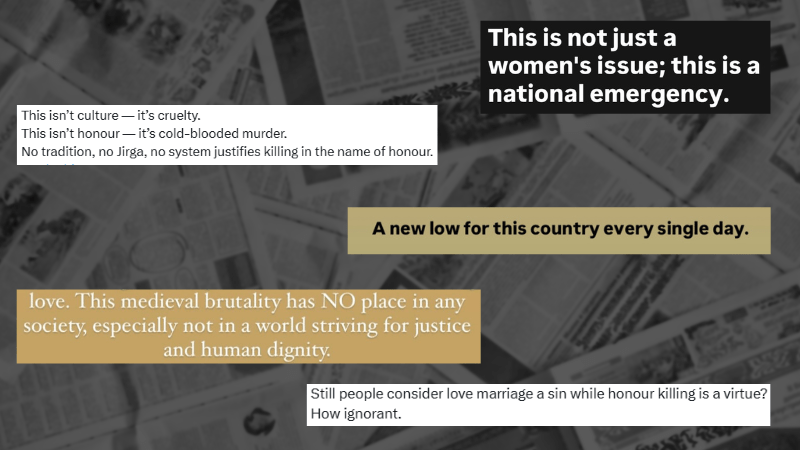
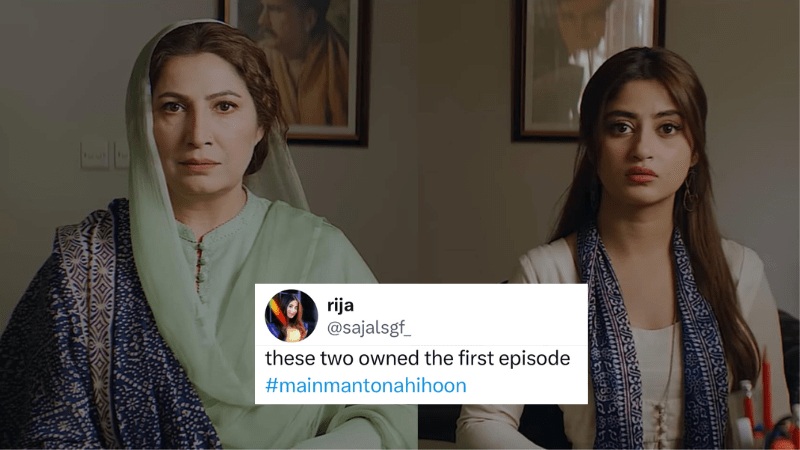
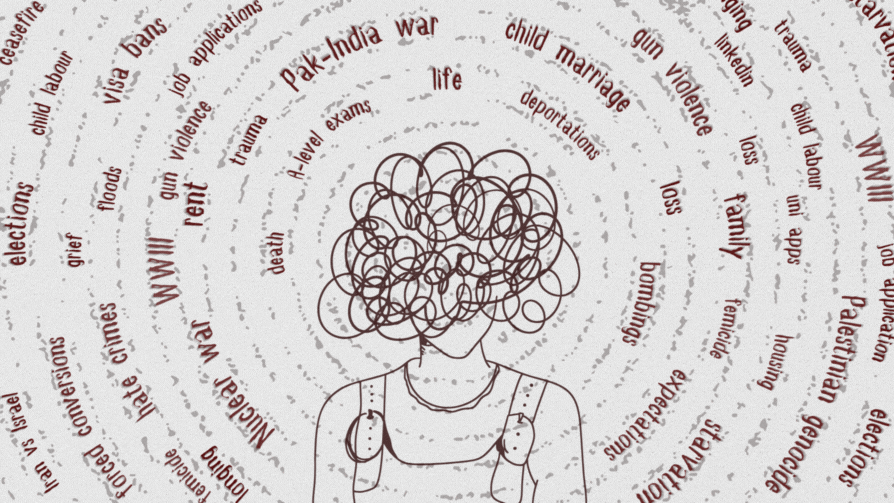


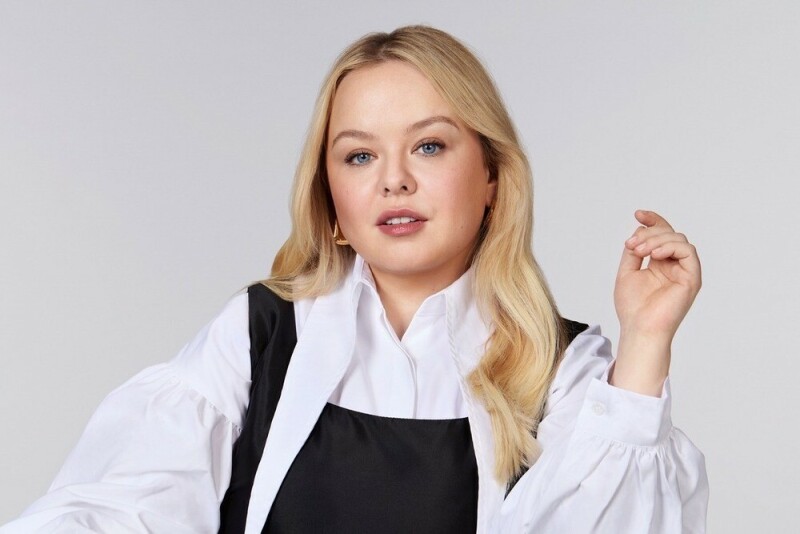
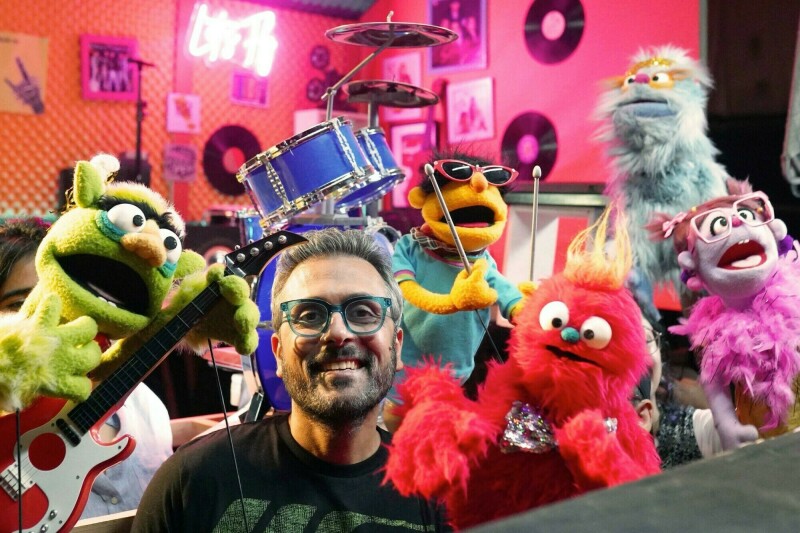
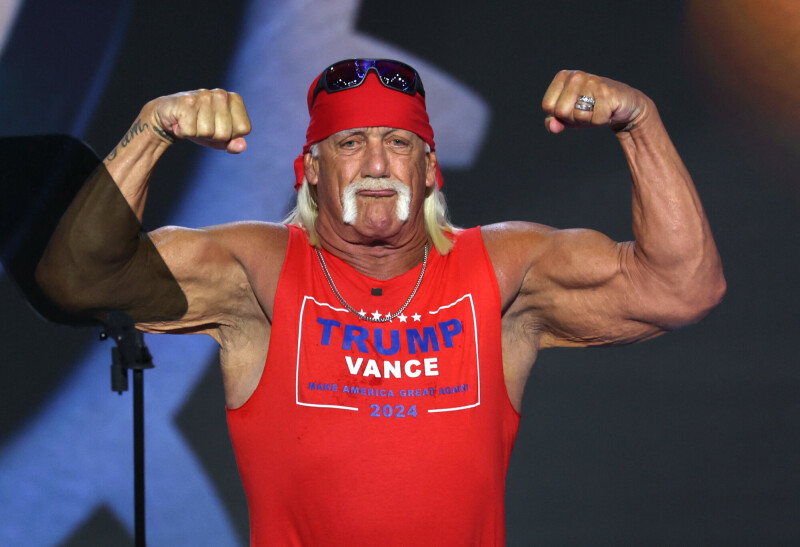
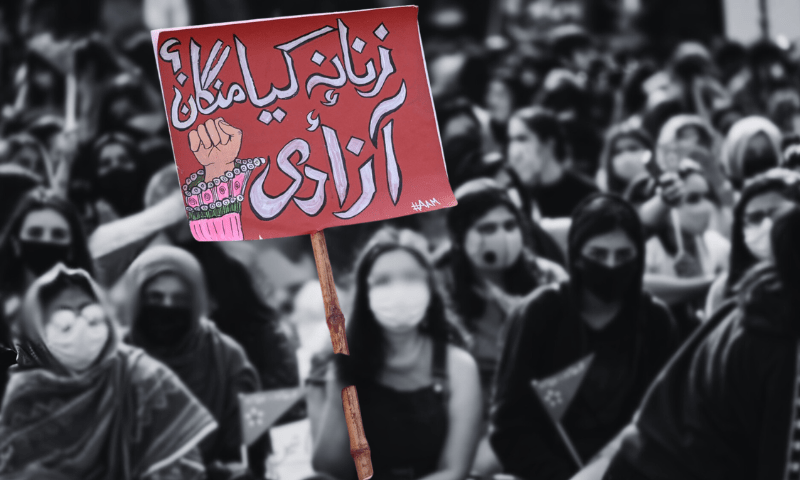

Comments